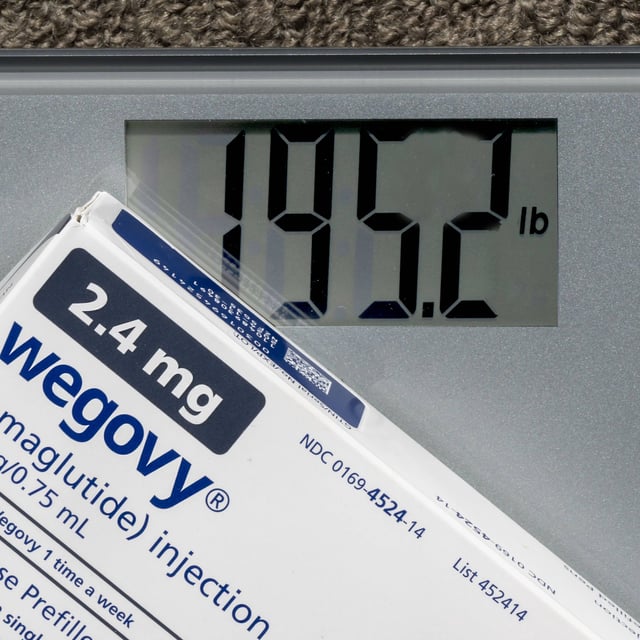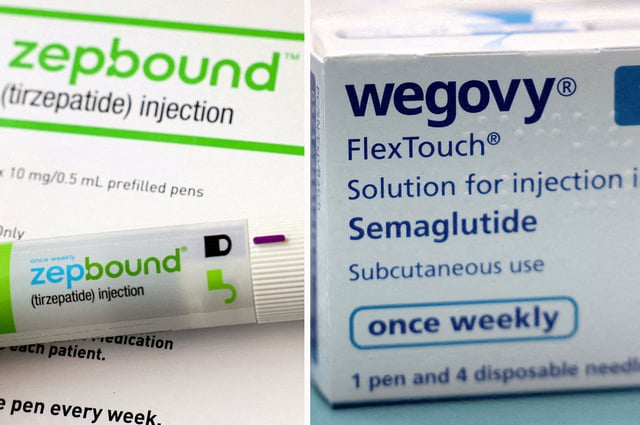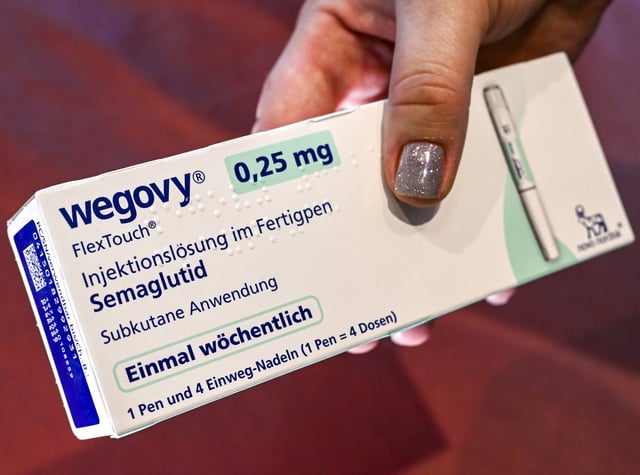Overview
- The World Health Organization is set to conditionally recommend GLP-1 drugs like Wegovy and Ozempic for adult obesity treatment in August, with plans to consider adding them to its essential medicines list.
- The Trump administration recently reversed a Biden-era proposal mandating GLP-1 coverage under Medicaid and Medicare, leaving the decision to individual states, 14 of which currently provide coverage.
- A new Aon study shows that while GLP-1 drugs come with high upfront costs, they reduced overall medical expenses by 7% after two years, driven by fewer cardiovascular events and diabetes cases.
- CDC research linked semaglutide, the active ingredient in these drugs, to nearly 25,000 emergency room visits in 2022–23, mostly for gastrointestinal complications, prompting calls for better patient education.
- Semaglutide's patent will expire in some markets next year, potentially lowering costs as generic versions become available, which could reshape global access and affordability.


